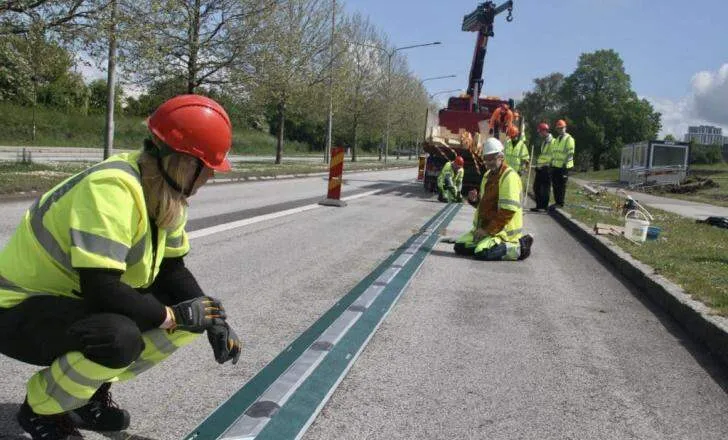GE and Nissan have signed a two-year research collaboration to speed up the development of a reliable, robust smart charging infrastructure to fuel mass market adoption of electric cars like the Nissan Leaf.
March 1, 2012
Read time: 2 mins
"As the US and world move toward electric vehicles, the automotive sector is forming new industry connections that extend well beyond the traditional OEM space," said Mark Little, senior vice president and director, GE Global Research. "One of the biggest connections being made is with companies that generate and provide electricity. As a major provider of power generation equipment and energy services, GE is in a great position to help the automotive industry bring millions of electric vehicles onto the grid.
"Several projects around the two focus areas already are underway. In one project, researchers from the companies are studying how electric cars like the Leaf can be incorporated into GE's overall concept for a smart home. Nissan engineers are developing methods to connect the vehicle to the home, making it a more integrated part of the building's energy equipment. This project will look at how the addition of an electric car impacts the cost of electricity and changes overall home electricity loads.
In another study, researchers will use aggregate usage data along with sophisticated simulation and modelling experiments, to analyse the effect millions of electric cars could have on the national electrical distribution system.








